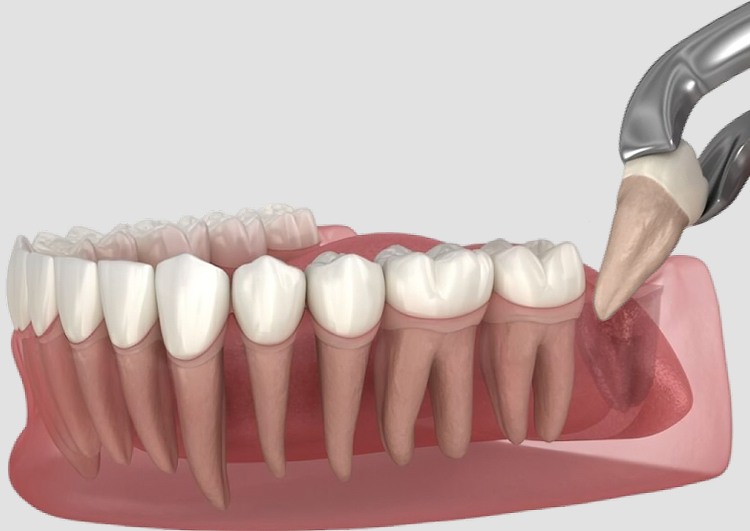
Tooth Extraction in Albany, OR
A tooth extraction can be an essential part of maintaining one's dental health. Contrary to popular belief, wisdom teeth are not the only teeth that may need extraction. Tooth extraction can improve the overall functioning of the mouth.
Tooth extraction is available at West Albany Dental in Albany and the surrounding area. Many patients find that tooth extraction relieves them of unnecessary pain and restores their quality of life. Call us today at (541) 928-6650 to learn more and schedule an appointment.
Reasons for Tooth Extraction
Teeth may require extraction if they have suffered damage beyond repair, either through trauma or decay. Other factors that may necessitate tooth extraction include overcrowding, infection, and risk of infection. Typically, tooth extraction for overcrowding occurs when preparing the mouth for braces. Braces are meant to realign the teeth, meaning teeth must have adequate space to move around. A tooth extraction may also occur as part of the orthodontic process if there are teeth that do not have enough room to erupt through the gum.
Teeth may become infected when decay or damage extends to the pulp (the nerves and blood vessels at the center of the tooth). Root canal therapy is often enough to treat this problem. However, tooth infections may become severe enough to require extraction and prevent them from spreading any further. Patients who are immunocompromised may need to have teeth removed even if they are just at risk of infection.
Preparing for Tooth Extraction
The first step to getting a tooth extraction is an initial consultation. During this time, patients should go over their medical history with their dentist, along with any other treatments they have planned. They should also tell their doctor about any medications, vitamins, supplements, and over-the-counter drugs they are taking. To ensure the patient's health, our team will take X-rays before the extraction and prescribe the patient antibiotics beforehand if necessary. Patients may be prescribed antibiotics if they have an infection, a weakened immune system, or specific medical conditions. The doctor may also prescribe antibiotics for patients who will undergo particularly long procedures.
Patients should wear loose, short-sleeved clothing on the day of the procedure. Additionally, they should refrain from eating or drinking for six to eight hours and refrain from smoking for 12 hours before their appointment. Patients should notify the office immediately if they have a cold, nausea, or vomiting, as this may necessitate rescheduling or use of a different form of anesthesia than initially planned. Those undergoing general anesthesia should make arrangements to have a trusted adult drive them to and from the procedure.
What to Expect During Tooth Extraction
Aftercare for Tooth Extractions
What to Know Before Tooth Extractions
Tooth extraction is generally a safe procedure. Additionally, our team will not recommend a treatment unless the benefits outweigh the risks. However, it is still important to be aware of potential complications. Typically, after a tooth extraction, a blood clot will form in the socket left behind. However, when this blood clot does not form or is prematurely dislodged, then the bone inside the socket may be exposed. This condition is known as "dry socket."
Symptoms include severe and radiating pain, visible bone, bad breath, and foul taste. We can treat this condition easily by putting a new, sedative dressing over the socket for a few days to allow a new clot to form. Additionally, patients should watch out for bleeding that lasts longer than 12 hours, chest pain, cough, nausea, severe fever and chills, shortness of breath, swelling and redness at the surgical site, and vomiting. If any of these symptoms occur, call our office immediately.



